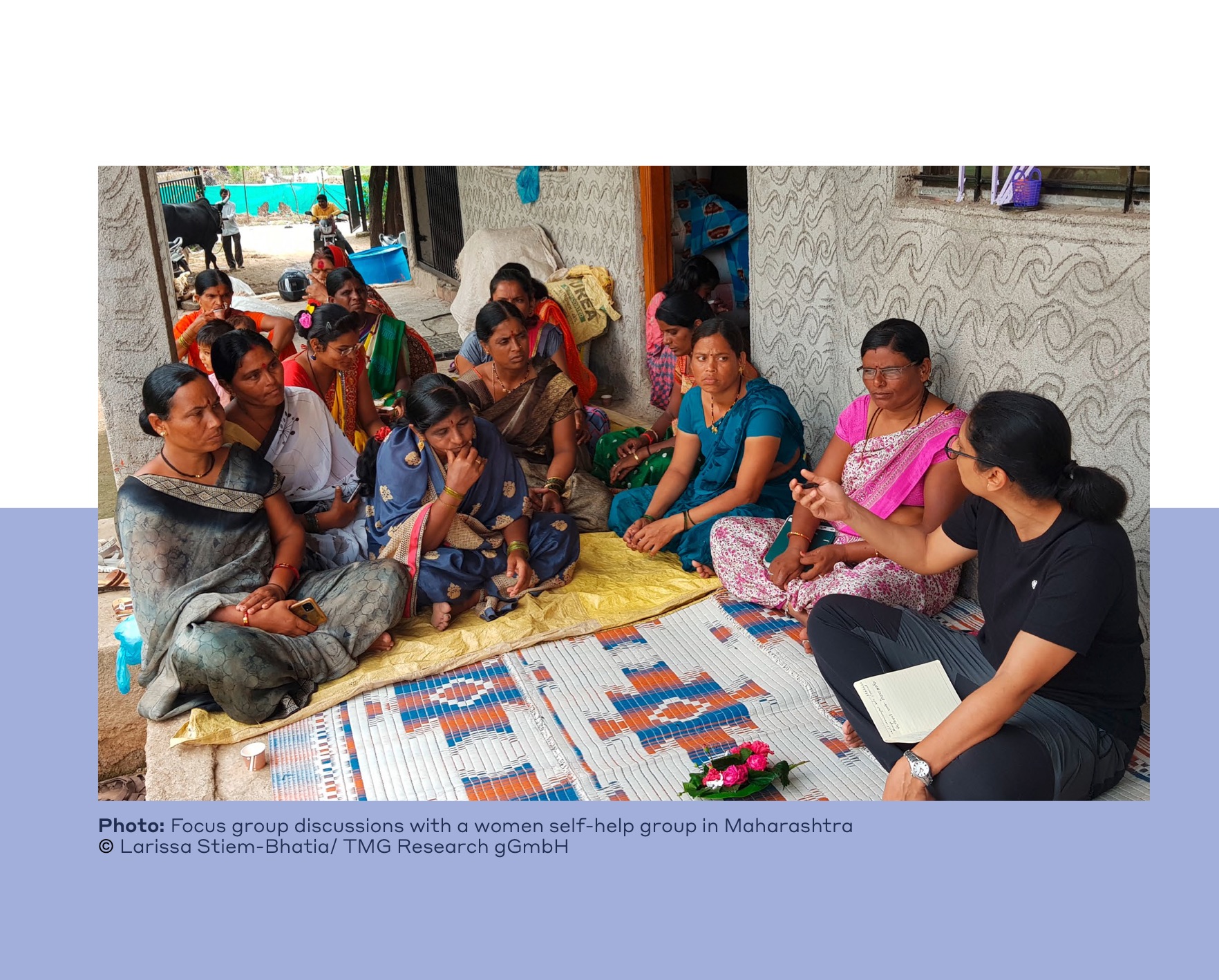Digitalisation in Water Governance for Agriculture: Lessons from the field in India
This report seeks to identify how local institutions can best use digital tools to make water governance more effective and inclusive, for sustainable water use and climate-resilient crop planning.
by Neha Bhadbhade, K.J. Joy, Sarita Bhagat, Kiran Lohakare, Larissa Stiem-Bhatia, Dipankar Aich
Jan 26, 2024
With water demand expected to exceed supply twofold by 2030, India faces a major water governance challenge: the fair and sustainable distribution and regulation of water resources, particularly in the agricultural sector, which accounts for about 80 percent of total water use.
Digital tools can offer benefits in water governance for agriculture, but they can also carry risks and challenges, which can mean that benefits are not equitably distributed across all stakeholders.
This report seeks to identify how local institutions can best use digital tools to make water governance more effective and inclusive, for sustainable water use and climate-resilient crop planning. It identifies three key lessons to inform the design and implementation of digital tools and associated projects.


